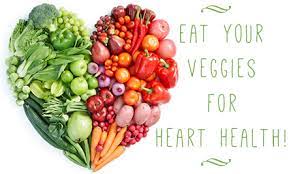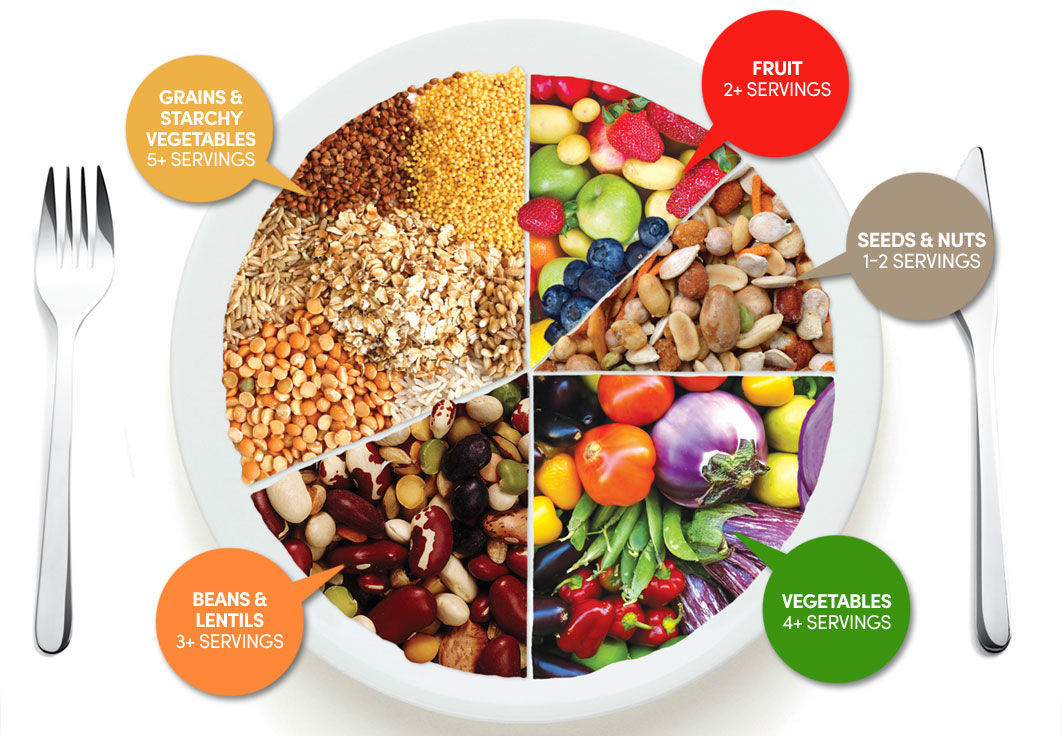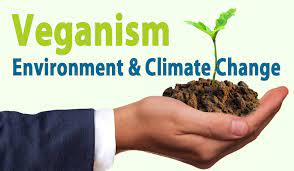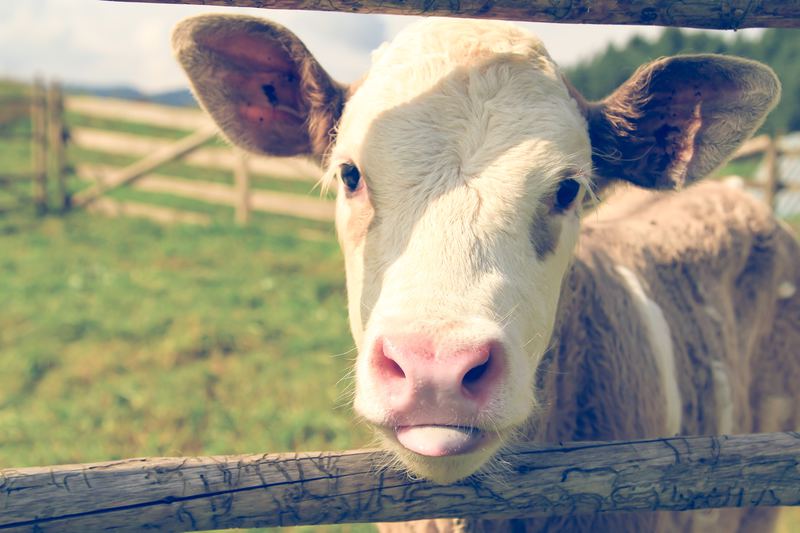Choosing what to include in your diet is a personal decision that can have significant impacts on your health, the environment, and animal welfare. The choice between being a vegetarian or a meat-eater is a topic that has sparked numerous debates and discussions. In this article, we will delve into the various aspects of this topic, examining the health benefits, environmental implications, and ethical considerations associated with both choices. By the end, you’ll have a better understanding of whether it’s better to be a vegetarian or a meat-eater, allowing you to make an informed decision that aligns with your values and goals.
Also Check:- Vezlay Rogan Josh
The Health Perspective
Vegetarianism and Health
A well-planned vegetarian diet can provide all the necessary nutrients for a healthy lifestyle. LSI Keyword: “Benefits of Vegetarian Diet”


Nutritional Considerations
Following a vegetarian diet means excluding meat, poultry, and fish from your meals. However, it’s essential to ensure you’re getting all the essential nutrients from other food sources. LSI Keywords: “Protein sources for vegetarians,” “Iron sources for vegetarians,” “Calcium sources for vegetarians,” “Vitamin B12 sources for vegetarians”
Protein Sources for Vegetarians
Contrary to common misconceptions, vegetarians can obtain ample protein from plant-based sources. Foods such as legumes, tofu, tempeh, quinoa, and nuts are excellent sources of protein. LSI Keywords: “High-protein vegetarian foods,” “Complete proteins for vegetarians”
Iron Sources for Vegetarians
Iron is crucial for carrying oxygen throughout the body. Vegetarians can fulfill their iron needs through foods like lentils, spinach, fortified cereals, and tofu. Combining iron-rich foods with vitamin C sources enhances iron absorption. LSI Keywords: “Iron-rich foods for vegetarians,” “Enhancing iron absorption in vegetarians”
Calcium Sources for Vegetarians
Calcium is vital for bone health, and vegetarians can obtain it from sources such as dairy products, leafy greens, tofu, and fortified plant-based milk alternatives. LSI Keywords: “Calcium-rich foods for vegetarians,” “Plant-based calcium sources”
Vitamin B12 Sources for Vegetarians
Vitamin B12 is primarily found in animal products, making it essential for vegetarians to ensure an adequate intake through supplements or fortified foods like breakfast cereals, nutritional yeast, and plant-based milk. LSI Keywords: “Vitamin B12 sources for vegetarians,” “Vegan sources of vitamin B12″
A well-planned vegetarian diet can provide all the necessary nutrients for a healthy lifestyle.


A vegetarian diet has been associated with several health benefits, including a reduced risk of heart disease, lower blood pressure, and improved weight management. LSI Keywords: “Heart health and vegetarian diet,” “Vegetarian diet and blood pressure,” “Weight management on a vegetarian diet”
Heart Health and Vegetarian Diet
Studies have shown that vegetarian diets, especially those that include plant-based sources of protein and healthy fats, can help lower the risk of heart disease. LSI Keywords: “Reducing heart disease risk on a vegetarian diet,” “Vegetarian diet and cholesterol levels”
Vegetarian Diet and Blood Pressure
A vegetarian diet, particularly one that is low in sodium and rich in fruits, vegetables, whole grains, and legumes, has been linked to lower blood pressure levels. LSI Keywords: “Vegetarian diet and hypertension,” “Reducing blood pressure through a vegetarian diet”
Weight Management on a Vegetarian Diet
Vegetarian diets are often associated with lower body mass index (BMI) and decreased risk of obesity. The high fiber content and reduced consumption of high-calorie animal products may contribute to better weight management. LSI Keywords: “Vegetarian diet and weight loss,” “Fiber and weight management”
Meat-eating and Health


A balanced diet that includes meat can also provide essential nutrients, but certain considerations need to be taken into account. LSI Keyword: “Balanced diet with meat”
Nutritional Considerations
Meat is a valuable source of protein, iron, zinc, and vitamin B12. However, it’s important to choose lean cuts of meat and limit processed meats to reduce the risk of certain health conditions. LSI Keywords: “Choosing lean cuts of meat,” “Processed meat and health risks”
Choosing Lean Cuts of Meat
Opting for lean cuts of meat, such as skinless poultry, fish, or lean cuts of beef, can provide the necessary nutrients without excessive saturated fats. LSI Keywords: “Lean protein sources,” “Healthier meat choices”
Processed Meat and Health Risks
Processed meats, such as bacon, sausages, and deli meats, have been linked to an increased risk of certain diseases. Limiting their consumption and opting for fresh, unprocessed meats is advisable. LSI Keywords: “Risks of processed meat,” “Limiting processed meat intake”
Potential Health Benefits of a Balanced Diet with Meat
A balanced diet that includes moderate amounts of lean meat can offer various health benefits. Meat provides essential nutrients like iron, zinc, and vitamin B12, which are important for bodily functions. LSI Keywords: “Benefits of including meat in the diet,” “Nutrients in meat”
Nutrients in Meat
Meat is an excellent source of high-quality protein, which is essential for muscle growth and repair. It also contains iron, which helps transport oxygen, zinc, necessary for a healthy immune system, and vitamin B12, crucial for nerve function and the production of red blood cells. LSI Keywords: “Protein in meat,” “Iron in meat,” “Zinc in meat,” “Vitamin B12 in meat”
Environmental Impact


Vegetarianism and the Environment
Choosing a vegetarian diet can have a positive environmental impact, addressing issues such as deforestation, greenhouse gas emissions, and water consumption. LSI Keywords: “Environmental benefits of vegetarianism,” “Vegetarian diet and sustainability”
Deforestation and Vegetarianism
Livestock farming is a significant driver of deforestation, especially in regions like the Amazon rainforest. Adopting a vegetarian diet reduces the demand for animal products and can help combat deforestation. LSI Keywords: “Livestock farming and deforestation,” “Vegetarian diet and rainforest preservation”
Greenhouse Gas Emissions and Vegetarianism
Animal agriculture contributes to a substantial portion of global greenhouse gas emissions. By reducing or eliminating meat consumption, individuals can significantly lower their carbon footprint and mitigate climate change. LSI Keywords: “Reducing greenhouse gas emissions through vegetarianism,” “Vegetarian diet and climate change”
Water Consumption and Vegetarianism
Animal agriculture is water-intensive, requiring significant amounts of water for livestock rearing and crop production. Embracing a vegetarian diet helps conserve water resources and promotes sustainable water usage. LSI Keywords: “Water footprint of animal agriculture,” “Vegetarian diet and water conservation”
Meat-eating and the Environment
The environmental impact of meat production and consumption is a pressing concern that needs to be addressed. LSI Keywords: “Environmental impact of meat-eating,” “Sustainable meat consumption”
Livestock Farming and Environmental Impact
The production of meat, especially beef, requires substantial land, water, and energy resources. This puts pressure on ecosystems, contributes to water pollution, and leads to habitat degradation. LSI Keywords: “Meat production and land use,” “Water pollution from livestock farming”
Sustainable Meat Consumption
Choosing sustainably sourced and ethically raised meat can help mitigate the environmental impact of meat production. Supporting local farmers, opting for organic and grass-fed meat, and reducing overall meat consumption can contribute to a more sustainable food system. LSI Keywords: “Sustainable meat options,” “Ethical meat production,” “Reducing meat consumption for the environment”
Ethical Considerations


Vegetarianism and Animal Welfare
Many people choose a vegetarian lifestyle due to ethical concerns regarding animal welfare. LSI Keywords: “Vegetarianism and animal rights,” “Ethics of vegetarianism”
Animal Agriculture and Cruelty
Factory farming practices often involve overcrowded conditions, confinement, and inhumane treatment of animals. By embracing a vegetarian diet, individuals can take a stand against these practices and promote more humane treatment of animals. LSI Keywords: “Factory farming and animal cruelty,” “Vegetarian diet and animal rights”
Meat-eating and Animal Welfare
The ethical implications of consuming meat are a significant aspect of the vegetarian vs. meat-eater debate. LSI Keywords: “Meat consumption and animal welfare,” “Ethics of meat-eating”
Animal Welfare and Meat Consumption
Supporting sustainable and humane meat production practices, such as free-range farming and organic meat, can contribute to better animal welfare standards. LSI Keywords: “Ethical meat production,” “Organic and free-range meat”
FAQs
- Q: Is it better to be a vegetarian or a meat-eater for weight loss?
A: Both vegetarian and meat-based diets can support weight loss, provided they are balanced and in a calorie deficit. The key is to focus on overall calorie intake and make healthy food choices within your preferred dietary approach. - Q: Are vegetarian diets deficient in essential nutrients?
A: Vegetarian diets can provide all the necessary nutrients if well-planned. Paying attention to protein, iron, calcium, and vitamin B12 sources is crucial for vegetarians, but with proper food choices and sometimes supplementation, it’s possible to meet all nutritional requirements. - Q: Can a vegetarian diet provide enough protein for athletes or bodybuilders?
A: Yes, a well-planned vegetarian diet can provide sufficient protein for athletes and bodybuilders. Combining different plant-based protein sources and considering protein timing can help meet increased protein needs. - Q: Is it more sustainable to be a vegetarian?
A: From an environmental standpoint, vegetarian diets have a lower carbon footprint and consume fewer resources compared to meat-based diets. Choosing a vegetarian lifestyle can contribute to a more sustainable food system. - Q: Does meat consumption have any health benefits that vegetarian diets lack?
A: Meat is a valuable source of nutrients like protein, iron, zinc, and vitamin B12. While vegetarian diets can obtain these nutrients from plant-based sources, individuals need to ensure adequate intake through a well-planned diet or appropriate supplementation. - Q: What are some considerations for transitioning to a vegetarian diet?
A: Transitioning to a vegetarian diet can be done gradually, starting with meatless meals a few times a week and gradually increasing the frequency. It’s important to research and plan meals to ensure nutritional adequacy and variety.
Conclusion
Deciding whether it’s better to be a vegetarian or a meat-eater is a personal choice that should consider factors such as health, the environment, and ethical concerns. Both vegetarian and meat-based diets can be healthy and nutritionally adequate if well-planned. Vegetarianism offers potential health benefits, environmental advantages, and addresses animal welfare concerns. On the other hand, a balanced diet that includes meat can provide essential nutrients and contribute to overall health. Ultimately, the decision should align with your values, health goals, and sustainability aspirations. Remember to consult with a healthcare professional or registered dietitian to ensure you’re meeting your individual nutritional needs.

